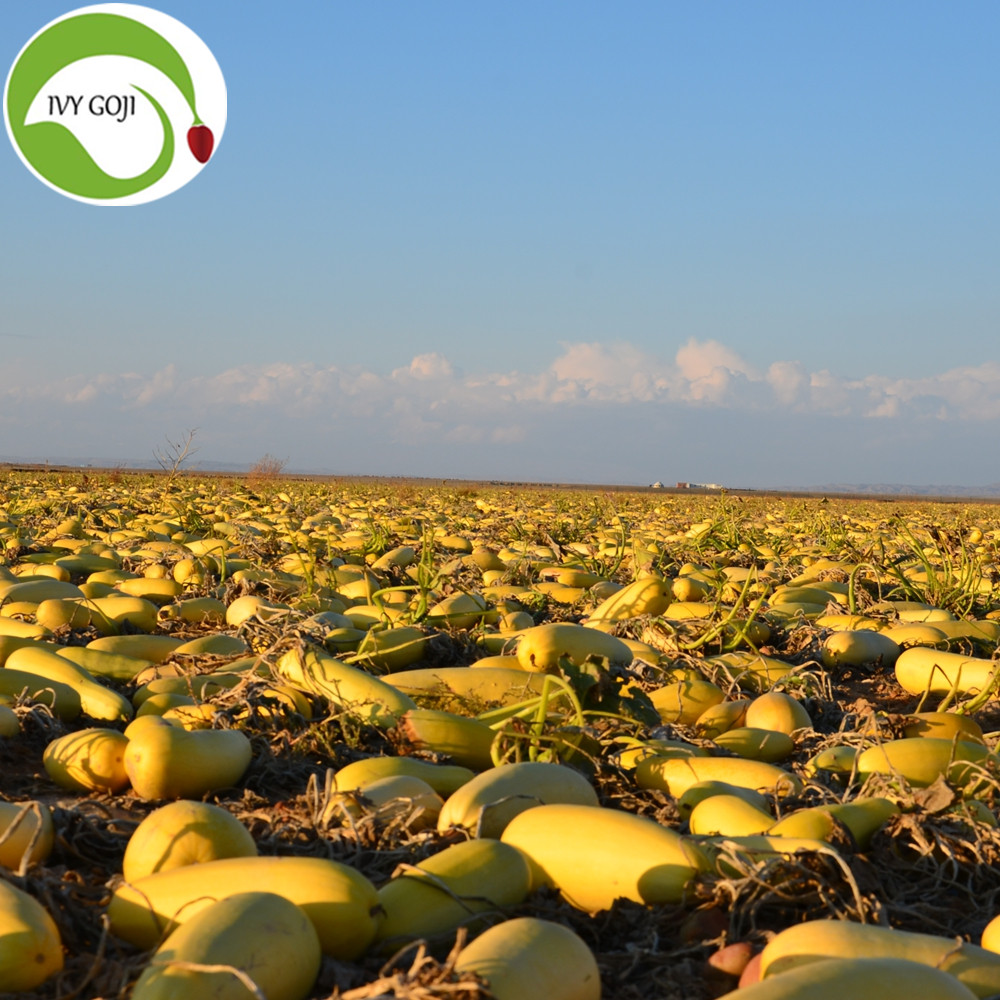Pumpkin Kernels are rich in nutrients, mineral elements magnesium, manganese, copper and zinc, a variety of B vitamins and proteins.
Pumpkin seeds kernel Benefits:
Shine Skin Pumpkin Seeds Kernels Shine Skin Pumpkin Seeds Kernels,Organic Pumpkin Seeds,Organic Pumkin Kernels,Shine Skin Pumpkin Seed Kernels NINGXIA IVY BIOTECHNOLOGY CO.,LTD , http://www.berries-goji.com
1. Pumpkin Seeds Kernels rich in plant protein, the protein content of 30% -40%, children often eat very good to the body.
2, Pumpkin seeds kernels with high content of unsaturated fatty acids, can play a role in maintaining low blood lipid levels, protect the brain, and has some antihypertensive effect.
3, Pumpkin seeds kernels can prevent the occurrence of kidney stones, but also can promote patients to discharge stones.
4, Pumpkin seeds in the active ingredient and rich in zinc, prostate health effects.
5, Pumpkin is rich in zinc, involved in the human body nucleic acid, protein synthesis, is an inherent component of the adrenal cortex hormones, the human body is an important material for growth and development.
6. Pumpkin seeds kernels are also effective repellent and have no toxicity or any side effects.
Global biotech crops grow substantially
The area under cultivation of biotech crops recorded a historic increase in 2004, reaching 81 million hectares, an increase of 20% over 2003 and an increase of 13.3 million hectares. This is mentioned in a research report published recently by the International Service Organization for Agricultural Biotechnology Applications (ISAAA). It is reported that in 2004, nearly 8.25 million farmers in 17 countries planted biotech crops, an increase of 1.25 million over the previous year. In 2003, 18 countries planted biotech crops. Ninety percent of the new farmers who grow biotech crops are from developing countries. This is the first time that the absolute growth rate of biotech crops in developing countries (7.2 million hectares) exceeds that of developed countries (6.1 million hectares). The number of "biotechnology crop countries" increased from 10 to 14 in 2004, and the number of countries that account for an important share of global biotech crops increased from 5 to 8. Last year, China planted 3.7 million hectares of biotech cotton (accounting for 66% of China's total cotton planted), an increase of 32% over 2003, accounting for 5% of the total global acreage of biotech crops, and reducing the use of 450,000 tons of pesticides each year. Farmers increase net income by 1,400 yuan per hectare. The United States planted 47.6 million hectares of biotech crops, which accounted for 59%. The International Service Organization for the Application of Agricultural Biotechnology is a non-profit organization that aims to provide and transfer suitable biotechnologies to developing countries, while establishing an enabling environment to ensure the safe use of these technologies.